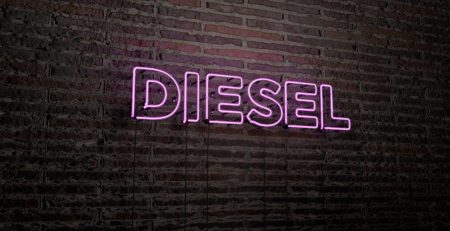London announced a T-charge from late 2017 for Euro 4 (EU4) vehicles, while Stuttgart banned Euro 5 too. Will London step u read more
Make the most of cheap fuel before it's gone
Motorists have been enjoying the lowest prices of petrol and diesel since 2009, but that could all change when the Government publish its next budget on Wednesday 16 March.
A report from the Institute of Fiscal Studies (FS) revealed that if George Osborne is to meet his election pledge of removing the budget deficit he would have to balance that out with further fuel duty in order to bring in £3 billion.
Ahead of the next budget announcement on March 16, the think tank suggests that as a result of the rising negative economic effects of road congestion, fuel duty for both petrol and diesel would need to be increased by 41 and 21 per cent respectively. This could bring in around £9 billion a year for the treasury.
The Government would be able to raise fuel duty but still keeping it 'frozen' would be to tie it into inflation, which is the rise in average price levels over time.
This would allow the Government to keep fuel duty frozen while also raising the extra revenue that is required to balance the budget.
The cost of fuel excise duty is not the only aspect that could be increased in order to raise funds, with the cost of oil expected to climb also.
In January, a barrel of oil could cost just £26, but the market has started to increase. If this rise continues, then the costs will have a knock-on effect on pump prices.
Since November 2015, fuel prices have been as low as below £1, with supermarket chains including Asda, Tesco and Morrison's slashing their prices as the competition for the lowest cost go tougher.
Get a GAP Insurance quote
Diesel prices fell to a seven year low of 99.7ppl (pence per litre) in January, while petrol hovered around £1.




